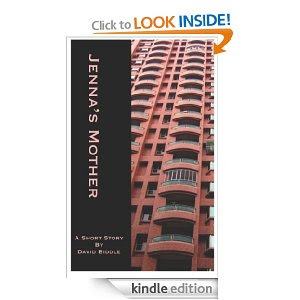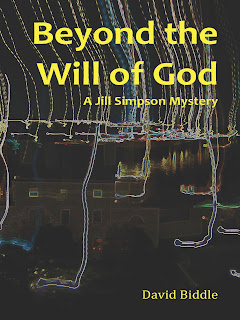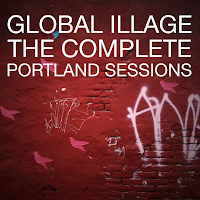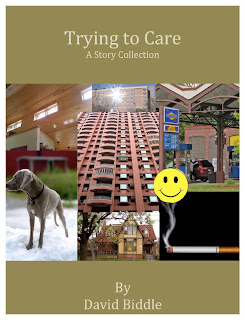Experiments in Kindle Consciousness: The Plasticity of Digital Indie Writing
I recently received two reader reviews on stories of mine available at Amazon's Kindle Store. Both reviewers were rather unhappy. That's fine. I know that fiction, like most everything else, is a matter of taste. Not everyone is going to like everything they encounter in life -- from movies to food to music.
The experience of bad (sad?) reviews got me thinking about the Indie Author Experience and how different it is from the status quo, old school legacy publisher experience. As an indie writer I can edit and change my stories in a matter of a few hours and have them re-posted by the next day. Writers beholden to old school publishing houses (even small independent ones) are locked into their published content -- even electronically -- for a very long time. The process of bringing a novel or memoir or whatever to publication requires the extended efforts of many different people (a team, really) over a year to eighteen months...or more. Once a product is deemed complete, it goes out to the world and it's pretty hard to change even if you're lucky enough to publish multiple editions over the years. As an indie author it's a heckuvalot easier to re-tool and re-vise.
Thus, if a reviewer doesn't like the ending of my story "House Sitting," I can go back in and juice it up with an unexpected suicide, hot erotic encounter, or perhaps an amusing culinary domestic roadkill experience. Likewise, if reviewers don't like the idea of creepy men going through laundry looking for a neighbors' unmentionables, I can just censor that aspect of the story and offer an excised version that is more palatable for at least those who have taken the time to offer a review. In theory, multiple versions of an Indie story can be posted. If you think about it very long, the permutations here are endless.
However, in the legacy publishing world, none of those permutations make any sense at all. When you buy a book published by [name your well-known company] -- whether on paper or digitally -- you get what you get. In the movie world you might be able to get the "Director's Cut" after a first run, but it's rare to find a "writer's edition" in the book world. This limitation is actually a function of what I think of as "the book as property." I'm not going to get into it here, but digital offerings are something far different than property as we know it. The best term we might be able to come up with is "virtual property," but I don't think that really addresses what's going on. The very malleability of an independently published text means that writers can treat their work more as a word sculpture that they're working on while standing in a quasi-public square.
Rest assured, I have not changed a thing with "House Sitting." The story is what it is because that's the way it was written and I'm very happy with what it says. Nor have I done anything with "Guda and His Son" because in a very few words I think that story says a great deal about cultural perception and 9/11.
However, in pondering this whole issue -- let's call it the plasticity of digital indie writing -- I realized that I have never liked the ending of "Jenna's Mother." It was just too abrupt and tone deaf. A new version has been posted this week. I like it much more and it says what I wanted the story to say much more definitively. In re-writing the ending, I also found several elements to the piece that required copy-editing and word changes. "Jenna's Mother" is now better. The reading experience should be superior because of that.
I offer all of this as a set of observations on how the Indie experience is different both for writers and readers -- potentially, anyway. As the new world of publishing continues to develop, differences like this can and should be experimented with continually by both entities in the equation.
In closing, it is important to note that the quality control issue for Indie publications is an obvious problem on many different levels. Better put, the quality control that traditional legacy publishers invest in each work offered in their name is exceedingly important. Forget grammar, punctuation, typos and wording, editors and their staff often turn raw talent into masterful stars and refine loose drafts and 2,000 page manuscripts into gems that transform culture.
I don't think it makes sense yet to say that digital Indie books are taking over and that the old school folks are toast (or wadded up paper). There is room for both approaches for sure. And you as a reader should take both seriously. However, it is important to understand that there is virtually nothing buffering the relationship between Indie Writers and their readers. The plasticity of digital media is a profoundly new and powerful opportunity that allows writers and readers to connect and modify the world of letters in a new and exciting way. Readers should remember that they are supporting writers directly and that the works they buy are much more real and raw than what they might get through standard publishing venues.
There's no telling how this is all going to end up for all of us, but it's clear that the new world of digital publishing is so open-ended and filled with potential readers and writers are in for an interesting ride as we move through the next decade. Stay tuned...and if you haven't yet purchased a Kindle, Nook, iPad, or whatever, now's the time. Things are getting very interesting...




Comments
Post a Comment